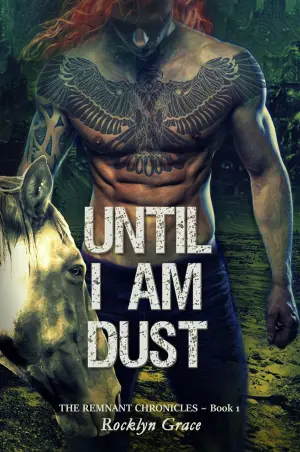Book Review: All the Broken Places by John Boyne
When I first opened the pages of All the Broken Places by John Boyne, I was immediately struck by the weight of history that seemed to cling to the protagonist, Gretel Fernsby. A novel that beckons readers into the intricacies of guilt, humanity, and the haunting shadows of the past, I felt compelled to delve deeper, curious about how Boyne would navigate such heavy themes through an elderly woman’s experiences. Having previously read his acclaimed work, The Boy in the Striped Pajamas, I approached this narrative with a blend of anticipation and trepidation.
Set against the backdrop of a quiet London neighborhood, we meet 91-year-old Gretel, who has spent her life cloaked in a veil of silence about her traumatic childhood in Nazi Germany. Boyne brilliantly crafts Gretel’s character as both sympathetic and morally complex. As the story unfolds, we transition back and forth between her troubled girlhood and present-day struggles, each phase unraveled with emotional poignancy. The ghosts of her past—the guilt of being the daughter of a commandant at an extermination camp—loom heavily in her life, an omnipresent reminder that shapes her interactions and decisions.
One of the standout elements of Boyne’s writing is his masterful pacing. The chapters, often short and punchy, propel the story forward much like a freight train, as noted in reviews by writers like Amy Bloom. His skillful weaving of past and present adds layers to Gretel’s character, making her both relatable and achingly tragic. There’s a palpable tension that builds as Gretel finds herself inexplicably drawn to Henry, the boy living in the apartment below her. Their friendship brings forth suppressed memories, and as readers, we can feel the weight of her choices whispering beneath the surface.
I found myself particularly moved by one powerful quote: “If every man is guilty of all the good he did not do, as Voltaire suggested, then I have spent a lifetime convincing myself that I am innocent of all bad.” This line encapsulates the overarching theme of complicity and redemption, prompting deep reflection on the complexities of human behavior in the face of moral crossroads. The struggles with guilt, love, and the yearning for atonement echo throughout the book, resonating with anyone who has ever grappled with their past.
In conclusion, All the Broken Places isn’t merely a story about one woman’s journey through guilt and memory; it’s a poignant exploration of how our histories shape our identities and how it’s never too late to confront our truths. Readers fascinated by historical fiction, character-driven narratives, or anyone looking for a profound exploration of humanity will find themselves captivated by Gretel’s story. Personally, this novel was a timely reminder of the importance of facing our pasts with courage—a message that lingers long after turning the final page. I wholeheartedly recommend this beautifully crafted tale to anyone looking for a compelling read that prompts both introspection and discussion.
You can find All the Broken Places: A Novel here >>






